CrossCurrents Library
CrossCurrents is an electronic publication that offers articles on a wide range of topics related to teaching and learning in higher education. Through engaging content that encourages exploration and reflection on best practices, innovative pedagogies, and emerging trends in higher education, we try to help college teachers successfully navigate the challenges they face in today’s complex classroom.
Featured Collections
Topics
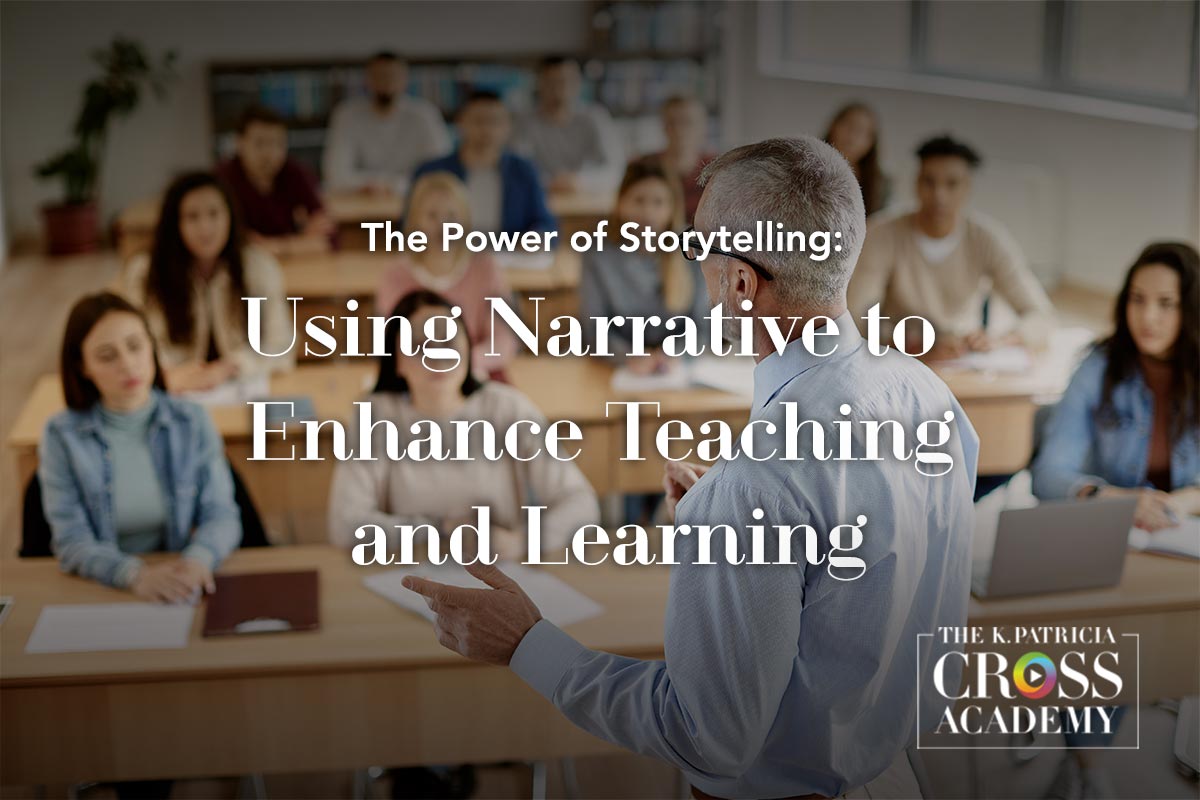
Storytelling is a fundamental component of the human experience. For thousands of years, humans have used narrative to convey their understanding of the world around them, both verbally and in writing. As Dahlstrom (2014) explains, a traditional narrative structure with a clear beginning, middle, and end is far more engaging and emotionally charged than only listening to data. Telling stories is not only a useful way to present information, but also an important means of connecting with others by developing empathy through shared understanding.
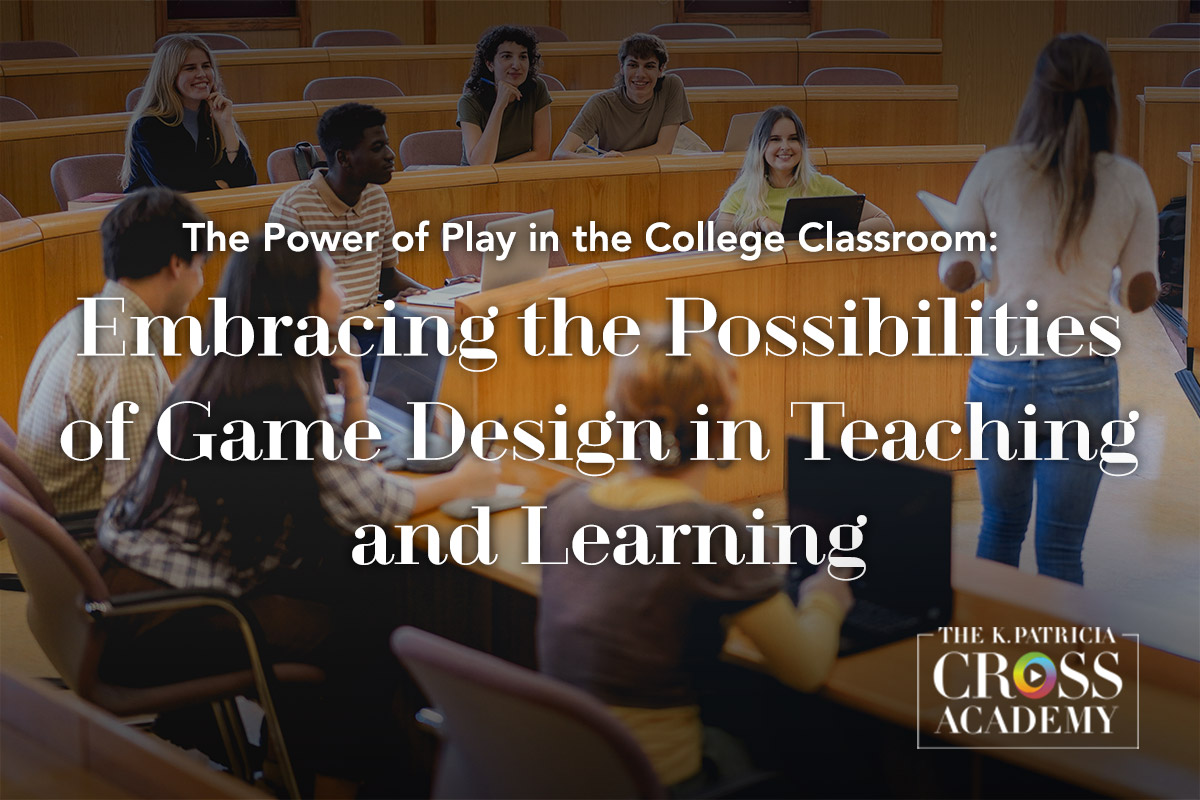
Teaching in the 21st century seems harder than ever. Because networked technologies are ubiquitous, many instructors must compete with computer games, cell phone apps, or social media for students’ time and attention. While digital systems enable learning that is flexible and convenient, they don’t always align with more traditional approaches to teaching. Consequently, educators are challenged with developing a pedagogy that meets the needs of learners who have come to expect instruction that is immediate, entertaining, and personalized.
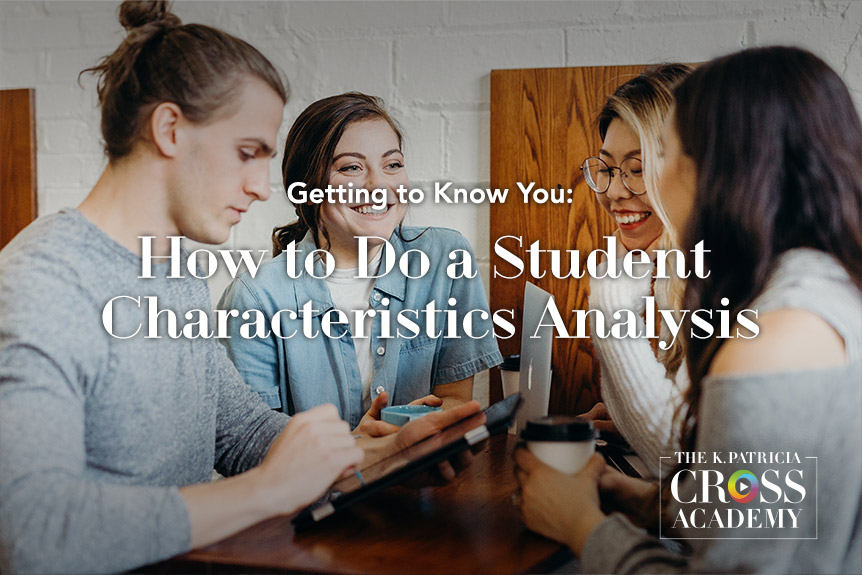
Just as effective public speakers acknowledge the importance of knowing their audience, so do effective college teachers understand the importance of knowing essential characteristics about their students. Students’ intellectual, social, and emotional traits influence the effectiveness and efficiency of their learning. Understanding these characteristics helps ensure a good fit between what you are trying to teach and what students are
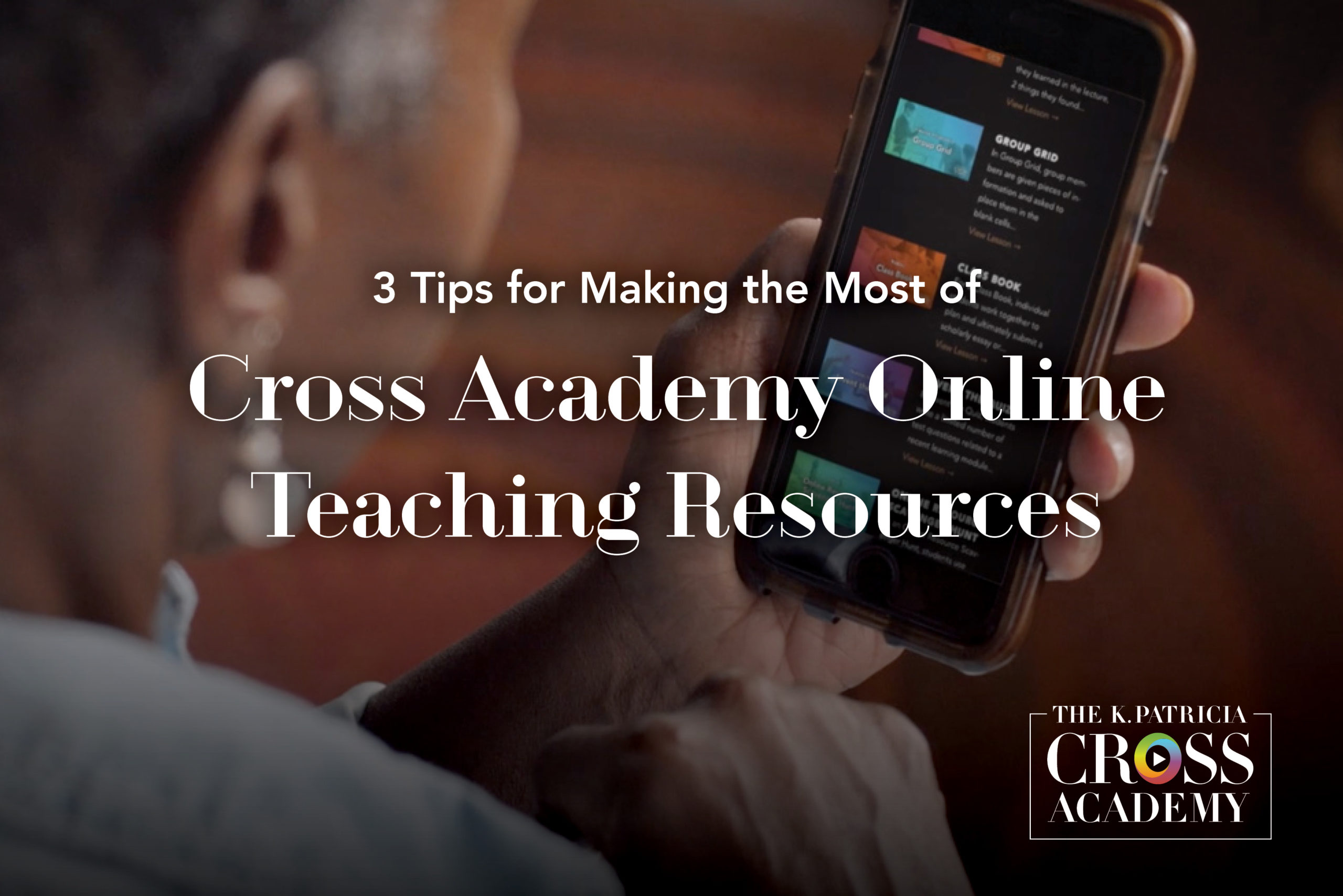
It’s been said that the best tool is the one you actually have with you, but how useful that tool is really comes down to whether or not you know best how to use it. Bearing that in mind, this post is aimed at helping you best utilize the online teaching resources provided by the K. Patricia Cross Academy. Video
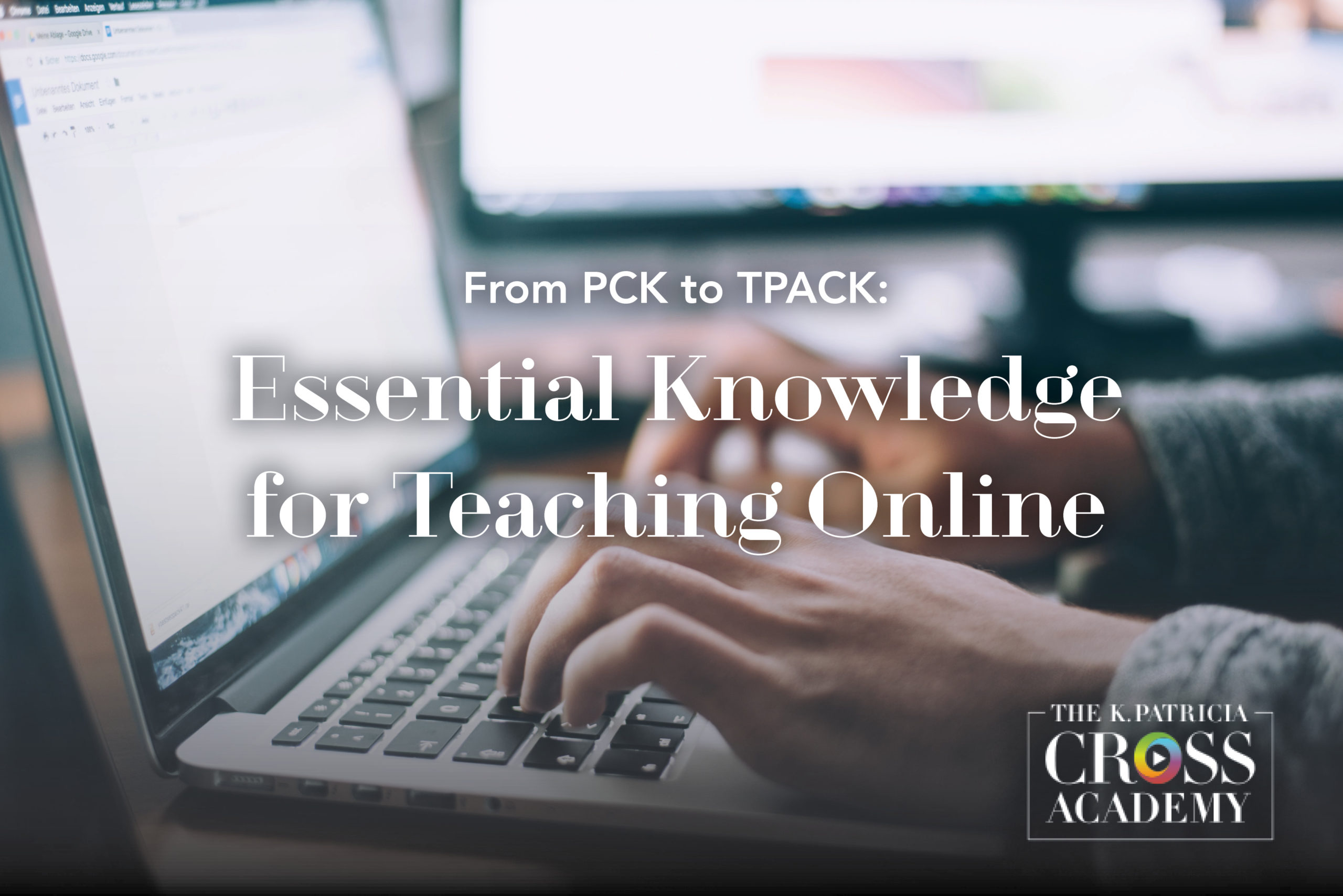
Few of us have had formal opportunities to learn about teaching online. As a result, we often lack a full understanding, or even a good practical sense, of the look, pacing, and feel of an online course. But to teach online well, we need such knowledge. Lee Shulman, educational psychologist and former president of the Carnegie Foundation for the Advancement

“When you learn, teach. When you get, give.” ~Maya Angelou Many of us teaching in higher education don’t think about lesson planning. But creating a lesson plan can be important to a successful class and for student learning. Creating a lesson plan prompts instructors to identify learning objectives, organize course content, plan learning activities, and prepare learning materials. The process

“It’s what you learn after you know it all that counts.” ―John Wooden Many “edumyths” exist, and unfortunately these can be harmful to students and even to teachers. What are we talking about? Edumyths are common beliefs about education. These myths often express claims about what practices benefit learning or learners. They typically have no basis of fact, however. Either